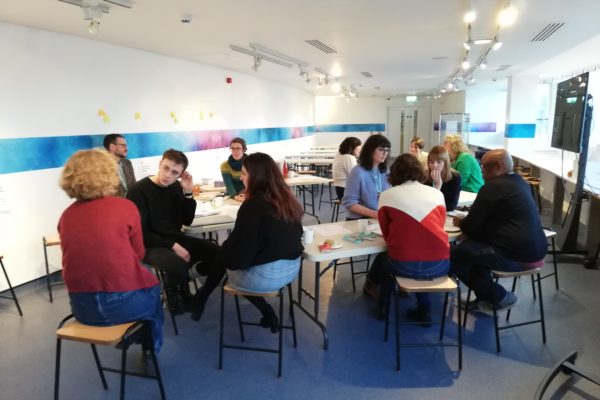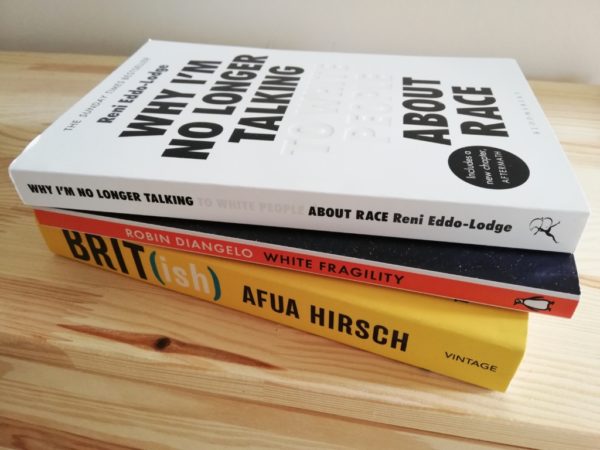Staff Action Research Group
The Bradford’s National Museum Staff Action Research Group was set up to take what was learned from Above the Noise: 15 Stories from Bradford and to explore it further in the everyday work of the museum. A group of museum staff met regularly to develop their own small experimental actions based on the project’s research questions. Through taking the time and space to reflect, and to try out new ways of working in their roles, the group were able to identify where there was scope for influencing and changing the approaches of the museum. The work of the Staff Action Research Group shaped the final phase of Bradford’s National Museum and created the conditions for this publication process.
At the end of the reflective process for Above the Noise: 15 Stories from Bradford we knew more about the very real challenges posed by the National Science and Media Museum seeking to become better rooted in Bradford and to become more open, engaged and collaborative. We had reframed our research questions to actively explore those challenges and were ready for more experimental action. What we did not yet have was a plan for what these next actions would be – and this is where the Staff Action Research Group came in.

Museum staff discussing and developing action research questions and ideas at a meeting in the museum’s Makespace. Image credit: Julia Ankenbrand
A group of self-selecting staff started to meet weekly. After developing individual research interests, they went to work, asking questions like ‘how can I find out more about other teams’ deadline structures so that we can work more collaboratively?’ Or ‘how can we include Bradford partners in our monthly staff meetings’? By trialling small changes, they learned more about the organisation’s dynamics, realising that colleagues might have wholly differing perspectives or experiences, and that building relationships across teams and with Bradford partners helped them work differently.
One staff member had the idea to set up a regular reading group for colleagues to find knowledge that would help them with their practice in Bradford. They read articles and books, watched videos and listened to podcasts not only to learn about curatorial practice, but to learn about the historical, political and social contexts of their work. Inspired by their visit to the U.S., two staff members brought to the discussion material about race and whiteness. Over time the group developed into a space for open and critical conversation in order to explore positionalities and personal politics, both of which are strongly influencing factors in any organisation.

Books used by the Staff Action Research Group to inform understandings of racial politics. Image credit: Julia Ankenbrand
To keep being firmly rooted in Bradford we set up an accompanying research strand called the Bradford’s National Museum Network, which held monthly events bringing together those active in Bradford and museum staff to share work in progress and build networks, though this was disrupted by the pandemic.
Together, experimental actions, conversations, reading, finding new perspectives and growing networks created a sense of what collaboration requires and enables. With staff group members, their questions, learning and reflections travelled through the organisation and inspired conversations. Concepts, logics and language routinely used in the museum to inform practice were critically discussed and developed.
For our final collaborative research action – the making of this project publication – we designed a process to support bringing space for reflection, learning and multiple perspectives into the diaries of more museum staff. The publication process became a continuation and expansion of the Staff Action Research Group, a process of listening, reflecting and discussion and developing together what emerges from there.
I played a facilitating role for the group and together we had to negotiate and experience quite a few difficult moments. Bringing up deep, underlying, and often interpersonal dynamics, questioning ourselves and what we do, and experimenting with organisational processes and relationship pushes us out of our comfort zones.
I had a big aha-moment when I came across the work of the organisational theorist Chris Argyris. He says that questioning can trigger something he calls ‘organisational defenses’. Organisations are traditionally set up to maintain themselves, a process we all contribute to in the organisations of which we are part. Our playing a part in upholding a status quo is based on best intentions. We want to be seen as good professionals, who know what we are doing and are in control. And we don’t want to upset our colleagues. An unintended consequence of our good intentions is that change becomes difficult.
The staff group’s learning by reflecting on their practice was, at times, seen as breaking this social contract and triggered defensive reactions. Once I had learned about them, I realised that ‘organisational defenses’ are what Black members of staff face when they are vocal about the discrimination they experience. They are what members of staff sometimes experienced when they talked about race and whiteness and inadvertently provoked what Robin DiAngelo terms ‘white fragility’. Knowing about defense mechanisms was one aspect that helped us realise in the process of making this publication, that living the tensions as strength idea has to be supported by a change in ways of working in the museum that invite conversation and learning.
References:
Robin DiAngelo (2018) White Fragility: Why it’s so Hard for White People to Talk about Racism. Boston, MA: Beacon Press.
Chris Argyris (1990) Overcoming Organizational Defenses: Facilitating Organizational Learning. Boston, MA: Allyn and Bacon.Julia Ankenbrand, Research Facilitator



